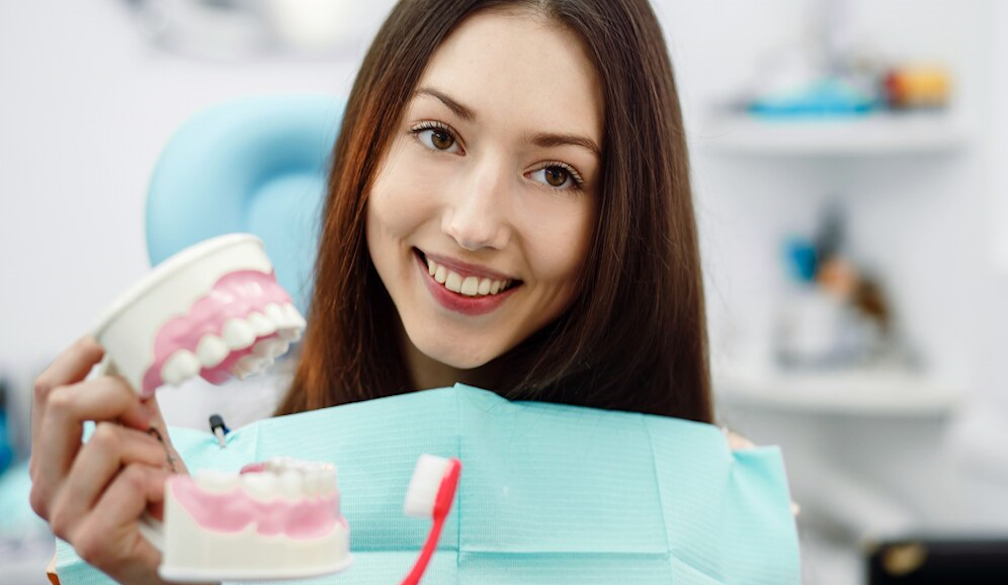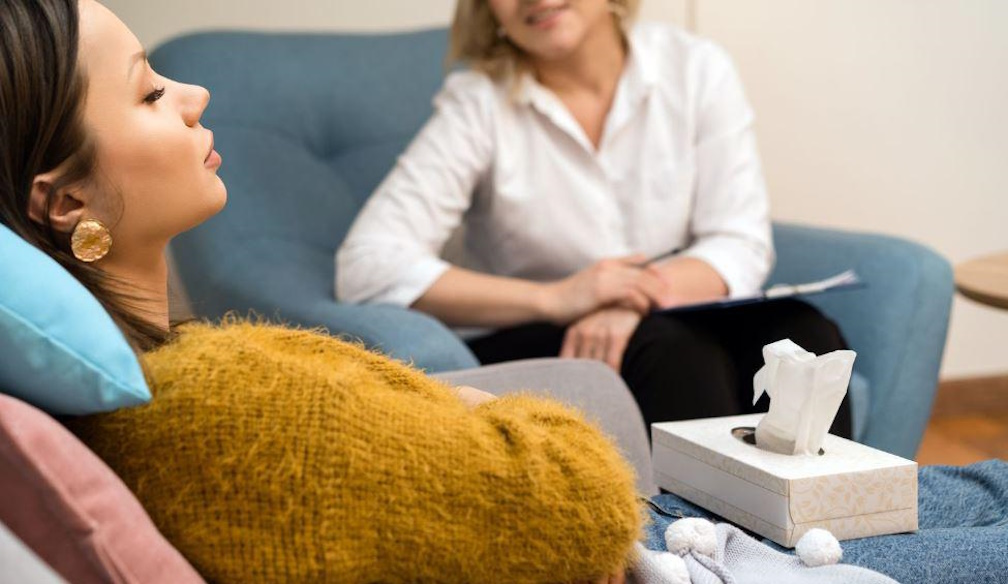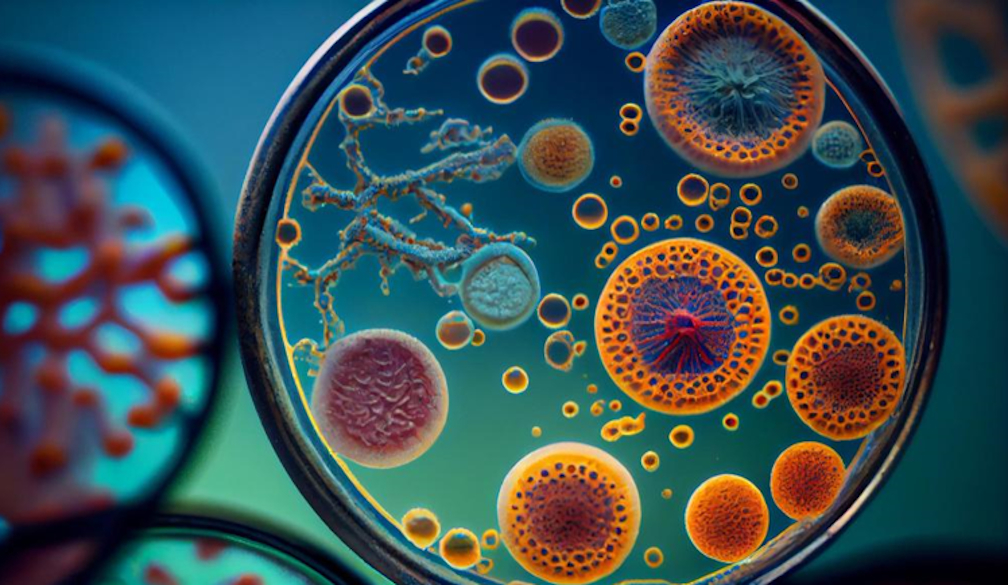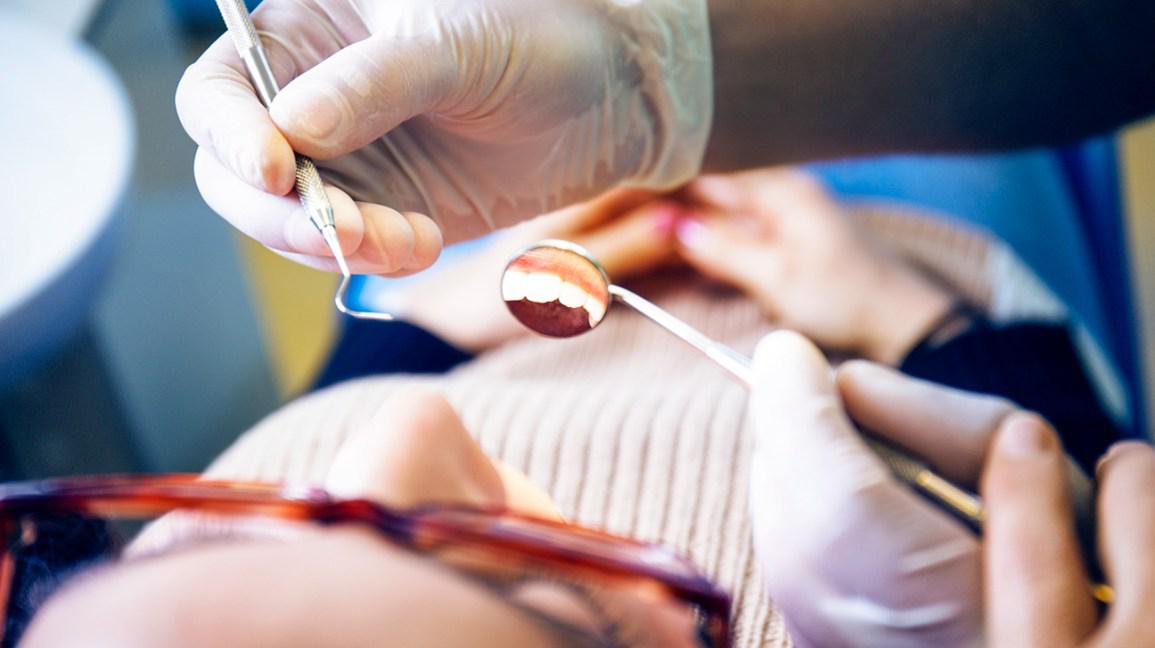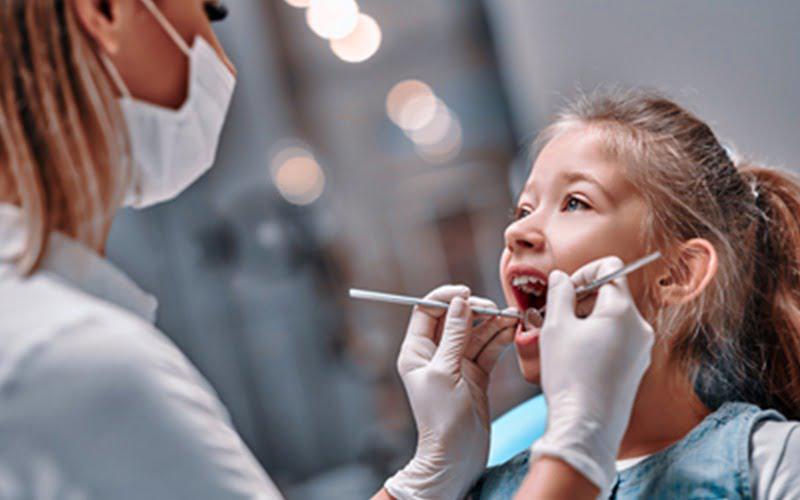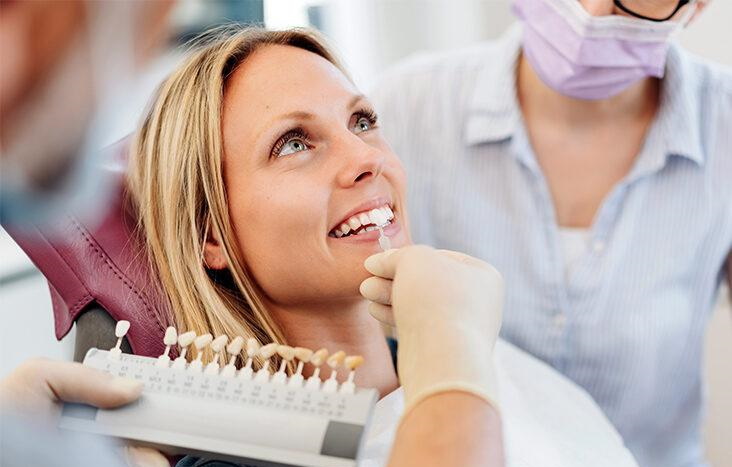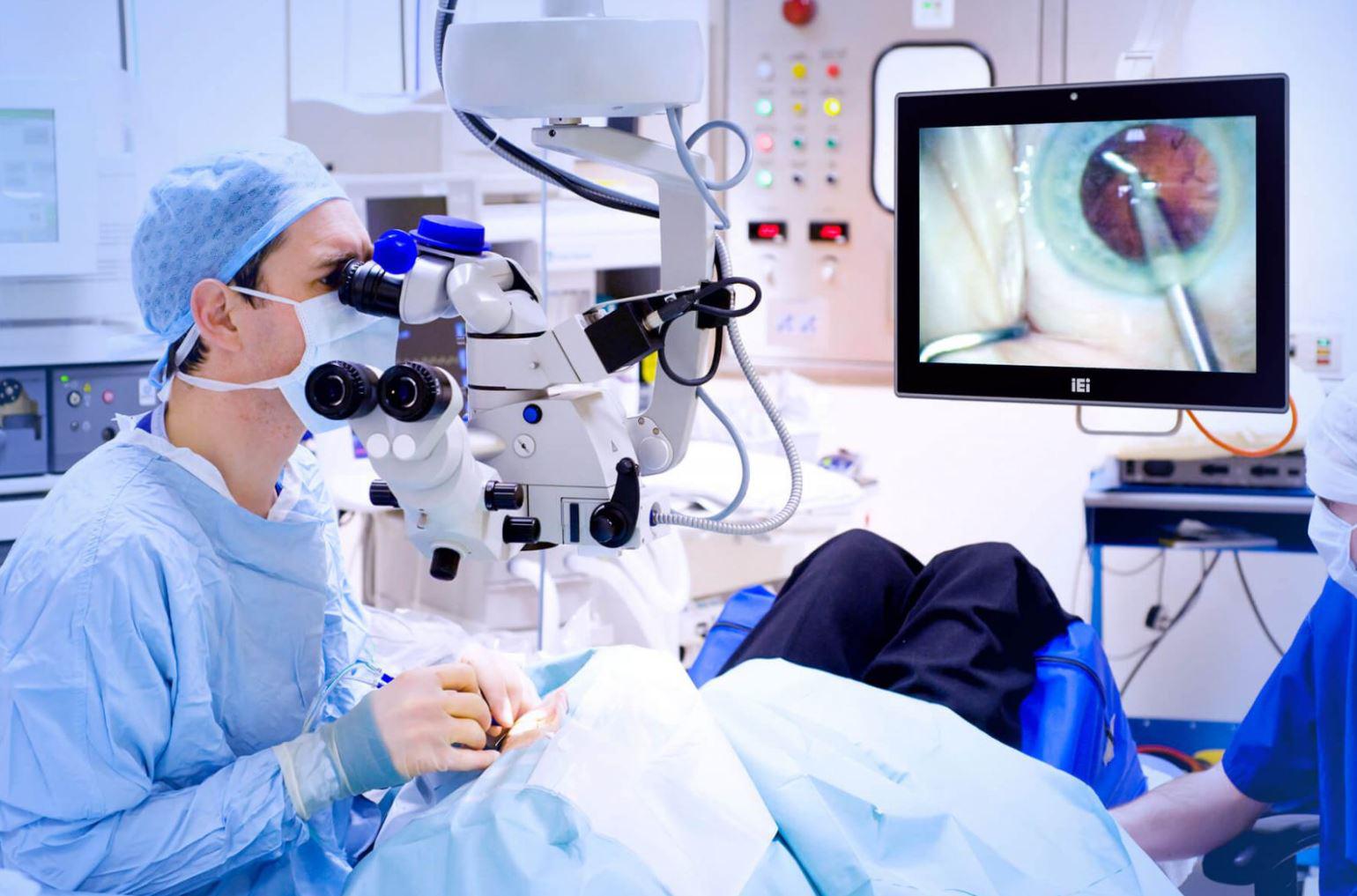Neurology And Dentistry - Is There A Connection?
- Written by Daily Sun

Neurology is the field of medicine focused on the research and cure of diseases related to the nervous system, and a neurosurgeon is a doctor who specialises in the field of neurology. A neurosurgeon is a doctor who specialises in conditions of the central nervous system (brain), spinal cord, and nerves.
Whereas general dentistry is the field of medicine dealing with the study of the oral cavity. Dentists study abnormalities, infections, and diseases of the teeth, gums and oral cavity as well as their diagnosis, cure, and treatment.However, have you ever wondered if there is anything neuroscience has to do with dentistry?
Yes, there is a lot these both fields have to do with each other.
How Is It Possible?
A human brain controls and maintains the autonomic nervous system and has a comprehensive network of neurons across the body reacting to the stimuli. The most sensitive stimulus occurs in the oral cavity. There are lots of brain activities that are regulated by the signals coming from the oral cavity.
If a particular organ malfunctions, the dentist needs to examine the mouth cavity and link the signal to that organ system through neurons.Special precautions must be taken for patients with brain diseases. Primary treatment planning, therapy approaches, and follow‐up needs are all examples of the special considerations required by patients suffering from neurological diseases.
What Kind Of Diseases Require Both Fields?
Abnormalities of the cranial nerves, loss of sensation in the facial area, facial paralysis, and serious conditions like epilepsy, Parkinson disease, stroke, and myasthenia gravis are all neurologic disorders that neurosurgeons, as well as dentists, have to deal with.
The central nervous system and the mouth cavity are in close proximity physiologically. Nervous disorders have a variety of effects on the oral cavity tissues. These disorders are generally unnoticed, yet they have a strong link to the oral cavity and facial tissues.
Parkinson's disease has its own set of difficulties when it comes to developing and maintaining a dental care strategy. People with Parkinson's disease face comparable difficulties at all ages, although the issues can be more difficult for the elderly.Both regular home dental care and occasional visits and inspections are complicated by the debilitating symptoms of Parkinson's disease. Muscle-eye synchronization, environment adaptation, and tongue-cheek-lip control for proper speech are some of the essential components of oral healthcare programmes.
Our brains control almost all of the activities of our body. Every action has a reaction, this Newton's third law of motion has an impact on our jaw as well as our lives. The brain has the ability to produce responses against stimuli and our oral cavity is a very important part of producing such responses.The 5th and mandibular cranial nerves send neurological signals to the cerebellum, which allow us to change our posture. As a result, even little alterations in the way the lower jaw meets the upper mouth and skull cause wrong signals to the brain, which readily reflect to the neck, lower back, and bottom of the feet.


